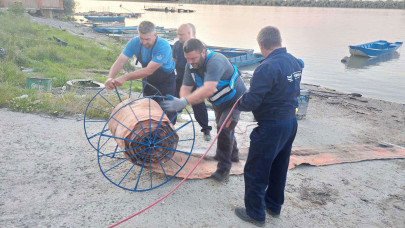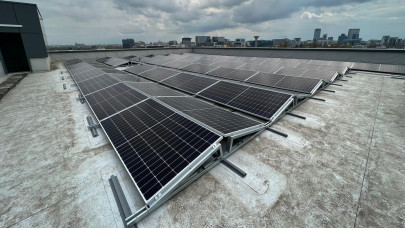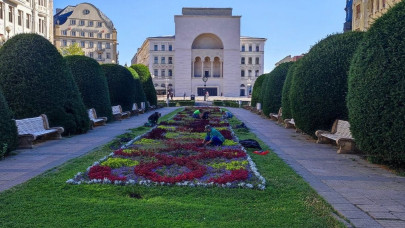By issuing green bonds, the Ministry of Finance aims to promote the transition to a greener economy, further diversify the investor base for government securities, and attract investors who are exclusively or predominantly interested in financial instruments that generate a positive impact on the environment or a beneficial social impact, respectively an improvement of the governance framework.
"The launch of this framework is an essential step in expanding financing for the entire green agenda in Romania. In addition to the potential to diversify the public debt investor base, we expect the green bond issue to catalyze new green bonds issued by the private sector by creating an important reference in the foreign market for Romanian corporate bonds. From the development of the metro network, the railways, and the establishment of new areas of urban forests, all are examples of projects that we will be able to finance through investors interested in this type of bonds", said Marcel Boloș, Minister of Finance.
The framework, developed by the Ministry of Finance and approved by an inter-ministerial committee, outlines the governance structure established to ensure the selection of projects and the use of proceeds to meet market expectations.
The World Bank provided technical assistance for the establishment of Romania's green bond program.
The framework has been assessed as "medium green" based on S&P's analysis of eligible projects, the estimated allocations for these projects, and the expected impact on environmental protection and the fight against climate change.
Romania's sovereign green bond framework highlights our country's commitments, current environmental agenda, as well as green financing plans. It lists the eligible projects that can be financed by issuing green bonds and the categories of activities associated with environmental benefits.
Projects labeled as green include those related to renewable energy production, energy efficiency, pollution prevention and control, clean transportation, sustainable water and wastewater management, climate change adaptation, green buildings, and environmentally sustainable management of living natural resources and land use.
Among the most important green projects eligible for financing are the development of the metro transport network in the cities of Bucharest and Cluj-Napoca, the electrification of the railway to ensure fully electric railway services in the main urban areas in Romania (county residences and other cities with over 50,000 inhabitants), rehabilitating existing defense lines by the EU Flood Directive and the National Flood Risk Management Strategy, increasing the energy efficiency of the building stock and establishing new urban forest areas.
The Framework also defines the process of evaluating and selecting eligible expenditures for green bond financing, ensuring that the funds raised are directed exclusively to eligible expenditures with a positive impact on the environment. The Framework presents the procedures for managing the funds raised and the parameters adopted for monitoring, measuring, and publishing reports on the allocation and impact of the funds raised, as well as the possibilities for external evaluation.














